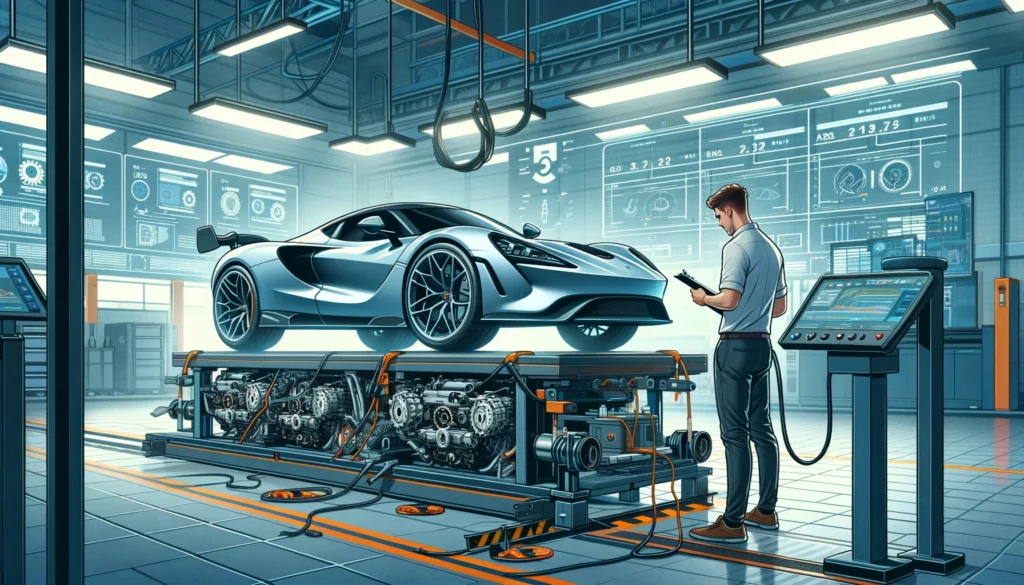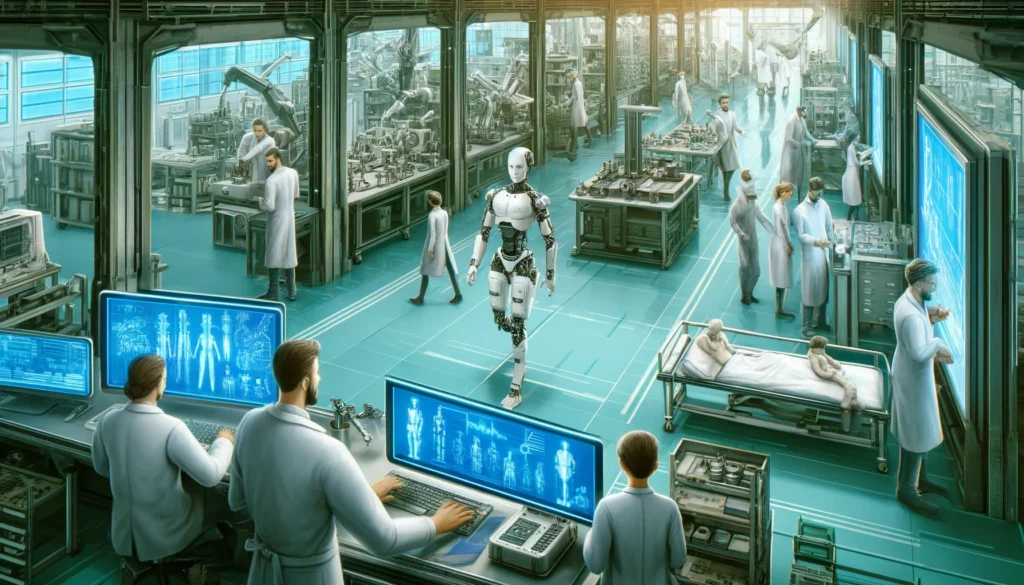Mechanical engineering is a fascinating and versatile field that lies at the heart of innovation and technology. It spans a wide range of industries, from automotive to aerospace, energy to manufacturing, and beyond. In this blog, we’ll dive into what mechanical engineering is, explore its numerous applications, and uncover some interesting facts about this dynamic discipline. Plus, we’ve included some captivating illustrations to bring the concepts to life!
What is Mechanical Engineering?
Mechanical engineering is the study of objects and systems in motion. As one of the oldest and broadest engineering disciplines, it involves the design, analysis, manufacture, and maintenance of mechanical systems. It requires a deep understanding of core concepts including mechanics, dynamics, thermodynamics, materials science, and structural analysis.
Engineers use these principles to create everything from small parts like sensors and switches to large systems such as spacecraft and power plants. Essentially, mechanical engineering comes into play in any product or system that moves or uses energy.
Applications of Mechanical Engineering
1. Automotive Industry
In the automotive industry, mechanical engineers design and test vehicles and their subsystems. They work on improving the performance and efficiency of engines, transmission systems, and other components that ensure the vehicle operates safely and efficiently.


2. Aerospace
Aerospace engineers, a specialized branch of mechanical engineering, focus on the design and construction of aircraft and spacecraft. They tackle challenges such as improving fuel efficiency and reducing the environmental impact of air travel.
3. Energy Sector
In the energy sector, mechanical engineers develop technologies to harness energy from various sources, including fossil fuels, solar, wind, and nuclear power. They also innovate in energy conservation and storage systems to help mitigate the effects of climate change.


4. Robotics and Automation
Mechanical engineering is critical in robotics, where engineers design and build robots that perform a variety of functions from manufacturing to surgery. Automation involves creating machines that can replace human efforts in industries such as manufacturing, reducing costs and improving safety.
5. Biomedical Applications
Mechanical engineering principles are also applied in the biomedical field, particularly in designing devices like artificial joints, imaging machines, and ventilators.

Interesting Facts About Mechanical Engineering
- The first mechanical engineer is believed to be Archimedes in the 3rd century BC, famous for his fundamental contributions to the understanding of levers, pulleys, and buoyancy.
- The world’s largest professional engineering society is the American Society of Mechanical Engineers (ASME), founded in 1880.
- Mechanical engineering not only involves understanding physical and mechanical systems but increasingly integrates electronics and computer technology in a field known as mechatronics.
Future Trends in Mechanical Engineering
As technology evolves, so does the field of mechanical engineering. Future trends include:
- Sustainability and Green Energy: Development of new technologies for sustainable energy sources and systems with minimal environmental footprints.
- Smart Manufacturing: Using the Internet of Things (IoT) to enhance connectivity and efficiency in manufacturing processes.
- Biomechanics: Increasing use of mechanical engineering in medical sciences to create more effective and personalized healthcare solutions.
Conclusion
Mechanical engineering is a critical and ever-evolving field that impacts every aspect of our modern world. From the cars we drive to the energy that powers our homes, mechanical engineers play a crucial role in shaping the future. As we continue to face global challenges like climate change and rapid technological advancements, the role of mechanical engineers will only grow more significant.
We hope this overview provides a deeper understanding of the dynamic field of mechanical engineering and inspires curiosity and appreciation for the ingenious work these professionals perform every day. Whether you are a student considering a career in engineering or just curious about how things work, mechanical engineering offers a thrilling and rewarding journey.
Stay tuned for more exciting developments in this essential field of science and technology!


